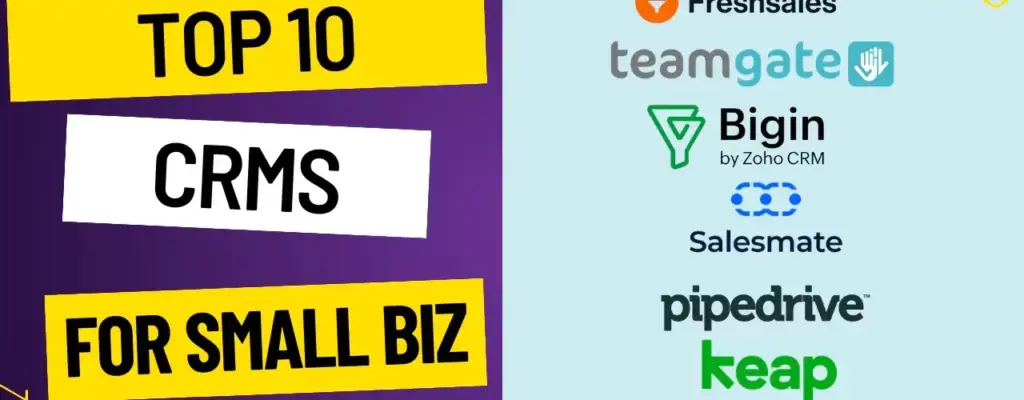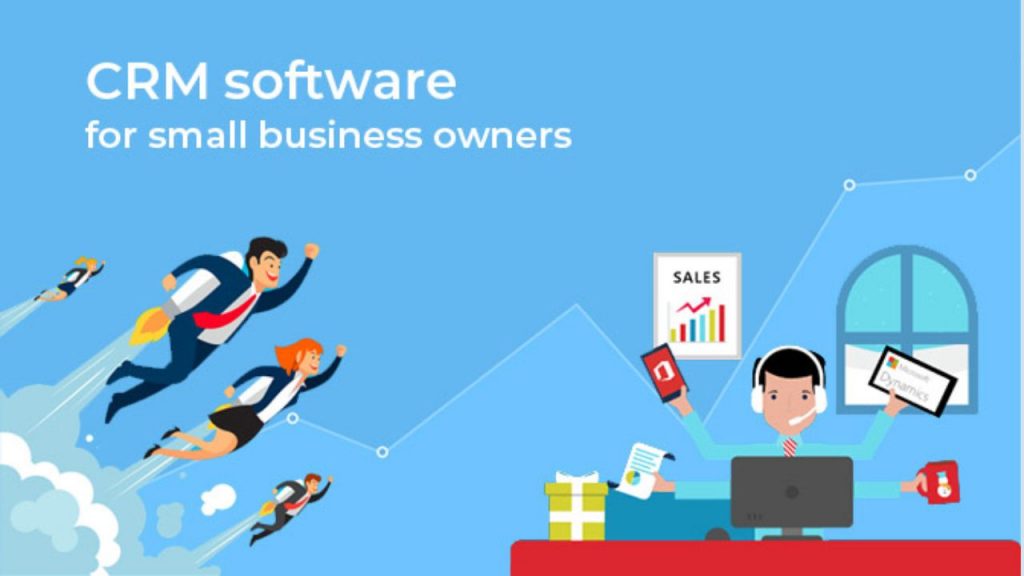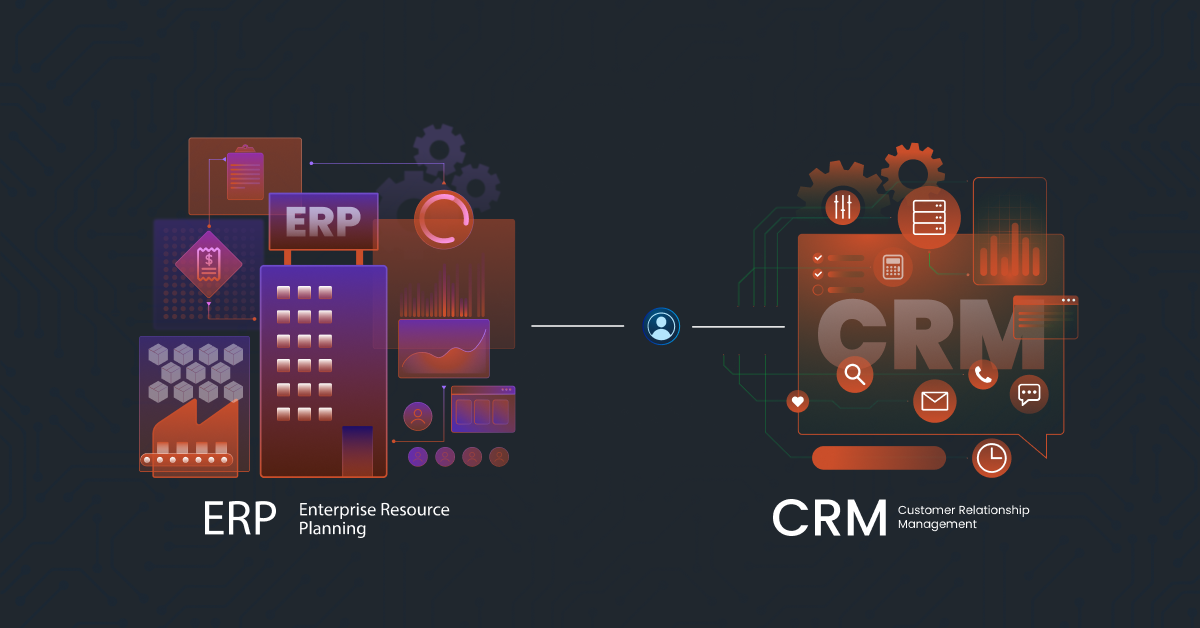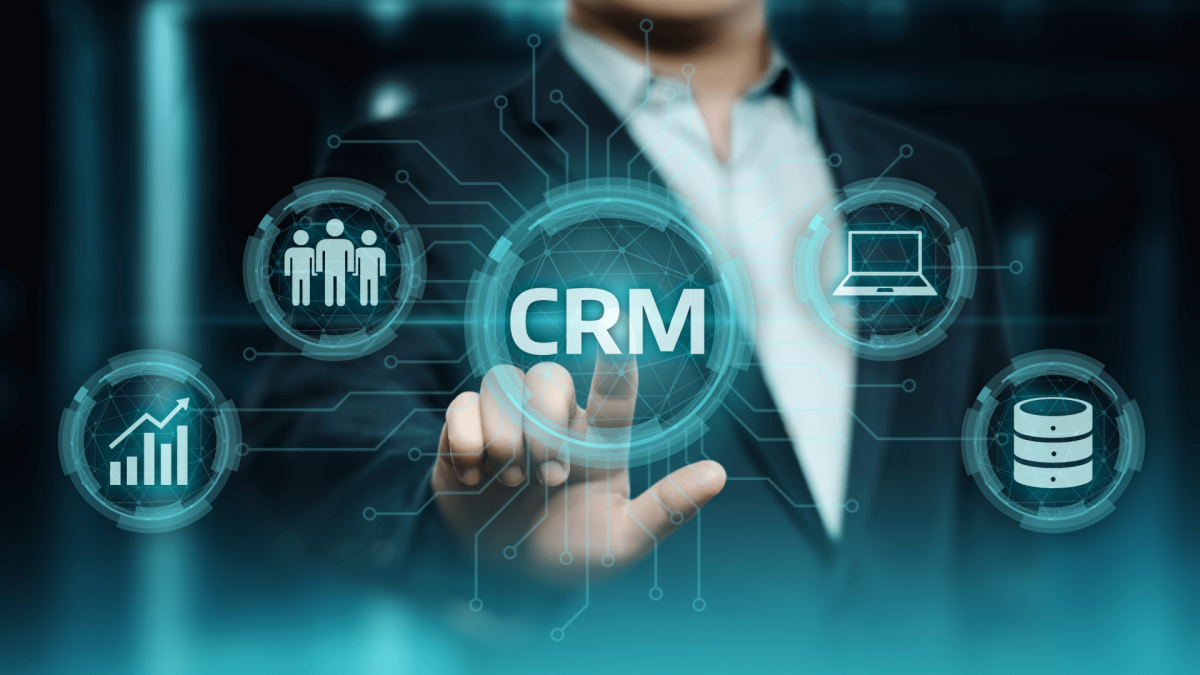Small Business CRM Basics in 2025: Your Ultimate Guide to Customer Relationship Management

Small Business CRM Basics in 2025: Your Ultimate Guide to Customer Relationship Management
Running a small business is a whirlwind of activity, isn’t it? You’re juggling everything from product development and marketing to sales and customer service. In the midst of this chaos, it’s easy for things to slip through the cracks, especially when it comes to managing your most valuable asset: your customers. That’s where Customer Relationship Management (CRM) systems come in. In 2025, CRM isn’t just a nice-to-have; it’s a must-have for any small business looking to thrive. This comprehensive guide will walk you through the CRM basics, helping you understand how these powerful tools can transform your business.
What is a CRM System? Demystifying the Jargon
Let’s start with the basics. CRM stands for Customer Relationship Management. At its core, a CRM system is a software that helps you manage all your interactions with current and potential customers. Think of it as a central hub where you store all the information you need to know about your customers, from their contact details and purchase history to their communication preferences and support interactions. In essence, a CRM is designed to help you build stronger, more meaningful relationships with your customers.
But a CRM is much more than just a digital Rolodex. It’s a powerful tool that can streamline your sales process, improve your marketing efforts, and enhance your customer service. By providing a 360-degree view of each customer, a CRM empowers you to make data-driven decisions, personalize your interactions, and ultimately, drive growth.
Why Does Your Small Business Need a CRM in 2025?
The business landscape is constantly evolving, and in 2025, the expectations of customers are higher than ever. They demand personalized experiences, seamless interactions, and quick responses. A CRM system is the key to meeting these demands and staying ahead of the competition. Here are some of the key benefits of using a CRM for your small business:
- Improved Customer Relationships: Centralized customer data allows you to understand your customers better, personalize your interactions, and build stronger relationships.
- Increased Sales: CRM systems help you manage your sales pipeline, track leads, and close deals more efficiently.
- Enhanced Marketing Effectiveness: CRM data can be used to segment your audience, target your marketing campaigns, and measure their effectiveness.
- Better Customer Service: CRM systems provide customer service agents with quick access to customer information, enabling them to resolve issues faster and more effectively.
- Streamlined Processes: Automate repetitive tasks, such as data entry and follow-up emails, freeing up your team to focus on more strategic activities.
- Data-Driven Decision Making: CRM systems provide valuable insights into your customers and your business, allowing you to make informed decisions.
- Increased Efficiency: By centralizing data and automating tasks, CRM systems can help you save time and resources.
Key Features to Look for in a Small Business CRM
Not all CRM systems are created equal. When choosing a CRM for your small business, it’s important to consider your specific needs and priorities. Here are some key features to look for:
Contact Management
This is the foundation of any CRM. It allows you to store and manage all your customer contact information, including names, addresses, phone numbers, email addresses, and social media profiles. Look for a CRM that allows you to easily search, sort, and filter your contacts.
Lead Management
A good CRM will help you track and manage your leads, from initial contact to conversion. This includes features like lead scoring, lead nurturing, and pipeline management.
Sales Automation
Sales automation features can streamline your sales process and free up your sales team to focus on selling. Look for features like automated email sequences, task reminders, and sales reports.
Marketing Automation
Marketing automation features allow you to automate your marketing campaigns and personalize your interactions with customers. Look for features like email marketing, social media integration, and lead nurturing.
Customer Service Management
A CRM can help you manage customer service requests, track issues, and provide quick and efficient support. Look for features like ticket management, knowledge base, and live chat integration.
Reporting and Analytics
Reporting and analytics features provide valuable insights into your customers and your business. Look for features like sales reports, marketing reports, and customer service reports.
Integration with Other Tools
Your CRM should integrate with other tools you use, such as email marketing platforms, accounting software, and social media platforms. This will help you streamline your workflow and avoid data silos.
Mobile Accessibility
In today’s fast-paced world, it’s important to be able to access your CRM data on the go. Look for a CRM that has a mobile app or is optimized for mobile devices.
Choosing the Right CRM for Your Small Business: A Step-by-Step Guide
Selecting the right CRM can seem like a daunting task, but it doesn’t have to be. Here’s a step-by-step guide to help you choose the perfect CRM for your small business:
- Assess Your Needs: Before you start looking at CRM systems, take some time to assess your business needs. What are your goals? What are your pain points? What features are most important to you?
- Define Your Budget: CRM systems range in price from free to thousands of dollars per month. Determine how much you’re willing to spend on a CRM.
- Research CRM Vendors: Once you know your needs and budget, start researching different CRM vendors. Read reviews, compare features, and see what other businesses in your industry are using.
- Consider Scalability: Choose a CRM that can grow with your business. You don’t want to have to switch systems every time your business expands.
- Evaluate User-Friendliness: The best CRM is one that your team will actually use. Choose a system that is easy to learn and use.
- Test Drive the Software: Most CRM vendors offer free trials. Take advantage of these trials to test out the software and see if it’s a good fit for your business.
- Get Training and Support: Make sure the vendor offers adequate training and support to help you get the most out of your CRM.
Top CRM Systems for Small Businesses in 2025
The CRM landscape is constantly evolving, with new players and features emerging all the time. Here are some of the top CRM systems for small businesses in 2025, based on their features, ease of use, and affordability:
HubSpot CRM
HubSpot CRM is a popular choice for small businesses, and for good reason. It’s free to use for basic features and offers a wide range of powerful tools, including contact management, lead management, sales automation, and marketing automation. It’s known for its user-friendly interface and excellent customer support. HubSpot’s emphasis on inbound marketing makes it a great fit for businesses focused on attracting customers through valuable content.
Zoho CRM
Zoho CRM is another strong contender, offering a comprehensive suite of features at an affordable price. It’s particularly well-suited for businesses that need advanced customization options and integrations with other Zoho apps. Zoho CRM offers a free plan for up to three users, making it a cost-effective option for very small businesses.
Salesforce Sales Cloud Essentials
Salesforce is a giant in the CRM world, and its Sales Cloud Essentials plan is designed specifically for small businesses. It offers a robust set of features, including contact management, lead management, sales automation, and reporting. While it’s more expensive than some other options, Salesforce provides a high level of scalability and customization.
Pipedrive
Pipedrive is a sales-focused CRM that’s known for its intuitive interface and visual pipeline management. It’s a great choice for businesses that want to focus on closing deals and tracking their sales performance. Pipedrive integrates well with various third-party tools and is relatively easy to set up and use.
Freshsales
Freshsales, part of the Freshworks suite, is a feature-rich CRM that offers a blend of sales, marketing, and customer service capabilities. It’s known for its advanced features, such as built-in phone and email integration, as well as AI-powered lead scoring. Freshsales is a strong option for businesses looking for an all-in-one solution.
Implementing Your CRM: Best Practices for Success
Once you’ve chosen your CRM, the real work begins: implementation. Here are some best practices to ensure a successful CRM implementation:
- Plan Your Implementation: Don’t just jump in. Develop a detailed implementation plan, including timelines, responsibilities, and key milestones.
- Clean Your Data: Before importing your data into the CRM, make sure it’s clean and accurate. This will save you time and frustration down the road.
- Train Your Team: Provide thorough training to your team on how to use the CRM. This will ensure that they’re comfortable with the system and can use it effectively.
- Customize the System: Tailor the CRM to your specific business needs. Customize fields, workflows, and reports to match your processes.
- Integrate with Other Tools: Integrate your CRM with other tools you use, such as email marketing platforms and accounting software.
- Monitor and Evaluate: Regularly monitor your CRM usage and evaluate its effectiveness. Make adjustments as needed to optimize your processes.
- Get Buy-in from Your Team: Ensure that your team understands the value of the CRM and is committed to using it.
CRM Trends to Watch in 2025
The CRM landscape is constantly evolving, and there are several trends that are shaping the future of customer relationship management. Here are some of the trends to watch in 2025:
- Artificial Intelligence (AI): AI is playing an increasingly important role in CRM, with features like predictive analytics, chatbots, and personalized recommendations.
- Personalization: Customers expect personalized experiences, and CRM systems are evolving to meet this demand.
- Mobile CRM: Mobile CRM is becoming increasingly important, as businesses need to be able to access their CRM data on the go.
- Integration: CRM systems are integrating with more and more third-party tools, creating a seamless workflow for businesses.
- Focus on Customer Experience: CRM systems are increasingly focused on improving the customer experience, with features like customer journey mapping and proactive customer service.
- Data Privacy and Security: With increasing concerns about data privacy, CRM vendors are focusing on providing secure and compliant systems.
Overcoming Common CRM Challenges
While CRM systems offer a wealth of benefits, they can also present some challenges. Here are some common challenges and how to overcome them:
- Low User Adoption: If your team doesn’t use the CRM, it won’t be effective. To overcome this challenge, provide thorough training, get buy-in from your team, and make the system easy to use.
- Data Entry Issues: Inaccurate or incomplete data can undermine the value of your CRM. To overcome this, implement data validation rules and ensure that your team understands the importance of data accuracy.
- Integration Problems: Integrating your CRM with other tools can sometimes be challenging. To overcome this, choose a CRM that integrates well with the tools you use or consider using a middleware solution.
- Lack of Customization: If your CRM isn’t customized to your specific needs, it may not be as effective. To overcome this, take the time to customize the system to match your processes.
- Poor Reporting and Analytics: If your CRM doesn’t provide useful reporting and analytics, you won’t be able to make data-driven decisions. To overcome this, choose a CRM with robust reporting features and learn how to use them effectively.
The Future is Now: Embracing CRM for Small Business Success
In 2025, CRM is no longer optional for small businesses; it’s essential. By understanding the basics of CRM, choosing the right system, and implementing it effectively, you can transform your business and build stronger relationships with your customers. Embrace the power of CRM, and get ready to thrive in the ever-evolving business landscape.
Remember, the key to CRM success lies not just in the technology itself, but in how you use it. Embrace the data, personalize your interactions, and always put your customers first. With the right CRM strategy, your small business can achieve new heights of success.




